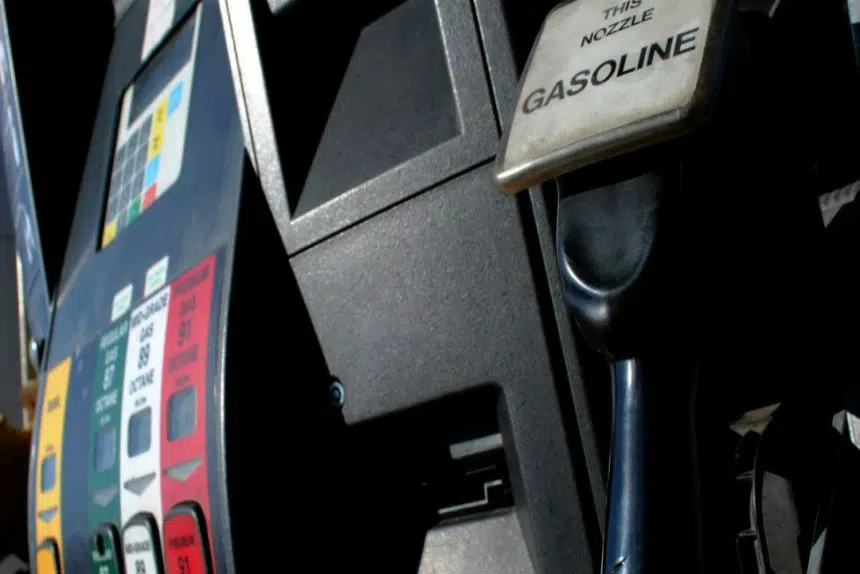By Taylor MacPherson, paNow
The President of the Saskatchewan Association of Chiefs of Police said a rule requiring drivers to pre-pay for gas would keep retailers safe while saving police forces valuable time and resources.
Marlo Pritchard, chief of the Weyburn Police Service and president of the provincial police chiefs’ organization, said new regulations requiring pre-payment are being discussed in Alberta where at least one worker was killed while attempting to prevent a fuel theft.
Pritchard said police chiefs would absolutely support a similar regulation in Saskatchewan, as fuel theft is a common practice across the province.
“Every police service still gets calls, probably on a daily basis, of somebody either forgetting to pay or more likely stealing gas,” Pritchard said.
Pritchard said a law or regulation would be a good step, but also encouraged private retailers to be proactive and move towards a pre-payment model on all fuel sales.
Although someone may occasionally make an innocent mistake by driving away without paying, Pritchard said it still takes a great deal of time and effort from police to track down the suspects and determine the circumstances. By simply updating their technology, Pritchard said fuel retailers can save headaches for both themselves and local police.
“It’s a preventable crime by just changing the technology,” Pritchard said. “I would encourage any company that sells fuel to build in those processes.”
Jen Veri, who speaks for the Saskatchewan Ministry of Labour Relations and Workplace Safety, said there are no firm plans to introduce a pre-payment law in the province, but the issue will be on the table during the ministry’s next review of the Saskatchewan Employment Act.
“We intend to start a review of the occupational health and safety provisions of the Act and the associated regulations in the next few years,” Veri said. “One of the issues we will consider is mandatory fuel pre-payments.”
Employers are already required to develop safety plans to identify potential hazards and include measures to protect their employees. Veri said those could include measures such as pay-at-the-pump in order to prevent potentially dangerous gas-and-dash incidents.
Employees cannot legally be required to reimburse their employers for losses resulting from stolen fuel, Veri said. Employees are never liable for such losses, and any deductions from their cheques to cover stolen fuel are illegal. She said employees should never risk their personal safety, even to prevent a theft.
Nicole Rancourt, NDP MLA for Prince Albert Northcote, said she would likely support a pre-pay law but would need to see stakeholders consulted before any decisions are made.
“You have to do the right consultations with businesses and make sure everyone’s on the same page,” Rancourt said.
Rancourt said Alberta’s statistics on fuel thefts and the resulting injuries and deaths are quite troubling, and although the scope of the issue is much smaller in Saskatchewan, governments are keeping an eye on the situation.
“It’s definitely good to look at what the issues are in neighbouring provinces,” she said. “It’s best to be proactive.”











